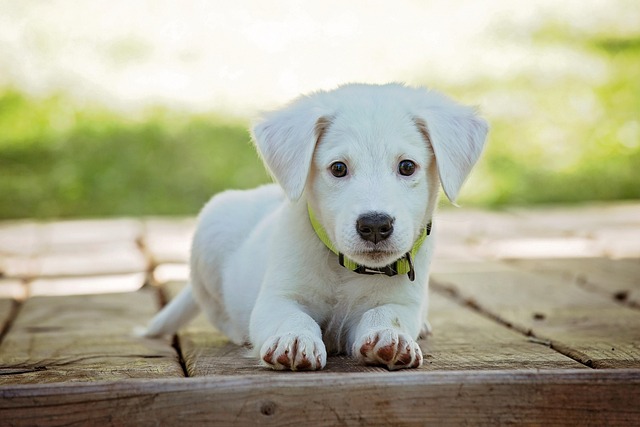Potty Training Your Foster Dog: Set Them Up for Success
When you open your home to a foster dog, you're giving them more than just a temporary place to stay, you're giving them the tools to succeed in a future forever home. One of the most common (and important) things you'll help with is potty training.
Whether your foster is a young puppy still learning the ropes or an adult dog unfamiliar with indoor living, structure and patience will go a long way.
Start With a Routine
Structure is key. From the moment your foster dog enters your home, set a consistent potty schedule. Take them outside:
First thing in the morning
After meals and naps
After play sessions
Before bedtime
Every 2–3 hours during the day
Bring them to the same outdoor spot each time and use a consistent cue like “Go potty.” Dogs learn through repetition, and predictability builds confidence.
Praise Goes a Long Way
When your foster dog potties outside, immediately reward them with enthusiastic praise and a small treat. Timing matters — make sure the praise comes right after they go, not when you get back inside. This helps them make the connection that going outside = good things.
Supervise Indoors
Until your foster is reliably potty trained, limit their access inside your home. Use baby gates, crates, or keep them on a leash next to you so you can watch for signs like circling, sniffing, or whining — all signals they may need to go out. Catching these signs early helps avoid accidents and teaches them how to communicate their needs.
What To Do If There’s an Accident
Accidents will happen, especially in the early stages. Stay calm. If you catch them mid-accident, gently interrupt and take them outside. If you discover it afterward, avoid punishment — your foster won’t understand and may become fearful.
Clean the area thoroughly using an enzymatic cleaner. This removes any lingering scent and reduces the chances of repeat accidents.
Be Patient
Many of the dogs that come into our care have never lived inside a home. They may have spent their entire lives outdoors, or they may have experienced stressful environments. Potty training can be new, confusing, or even scary. Your patience, understanding, and consistency are essential.
When to Reach Out
If your foster dog continues to struggle despite consistent training, please reach out to the Foster Coordinator. Medical concerns, anxiety, or stress can all affect house training, and we’re here to support you and your foster.
Final Thought
Fostering changes lives — and teaching a dog to go potty outside is just one way you help them prepare for their next chapter. On behalf of the team at Fort Worth Animal Care & Control, thank you for your commitment and compassion.

